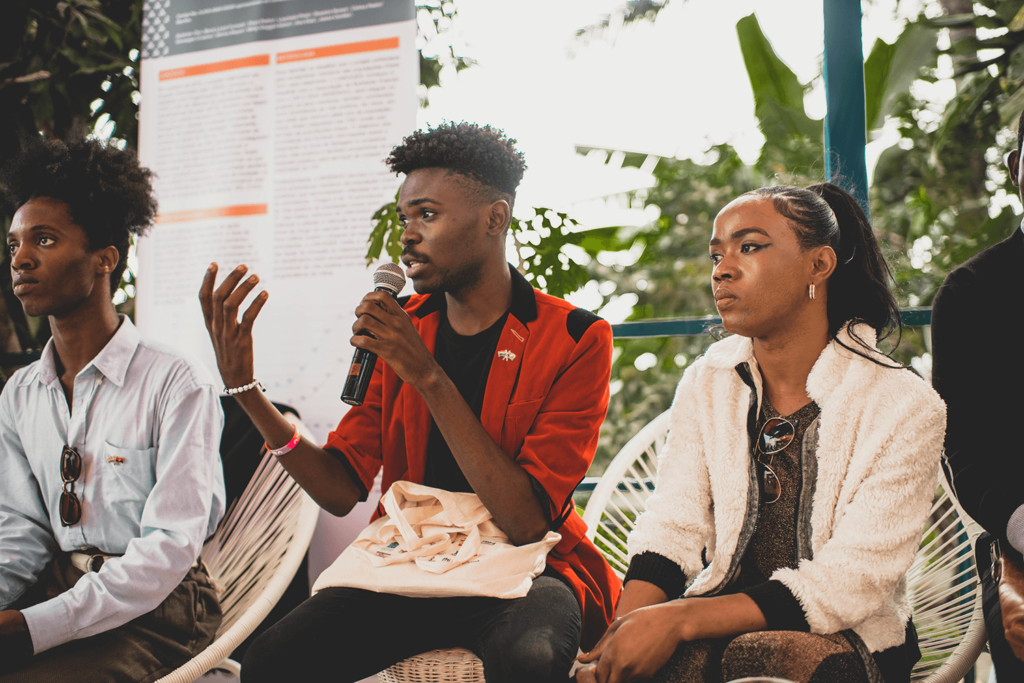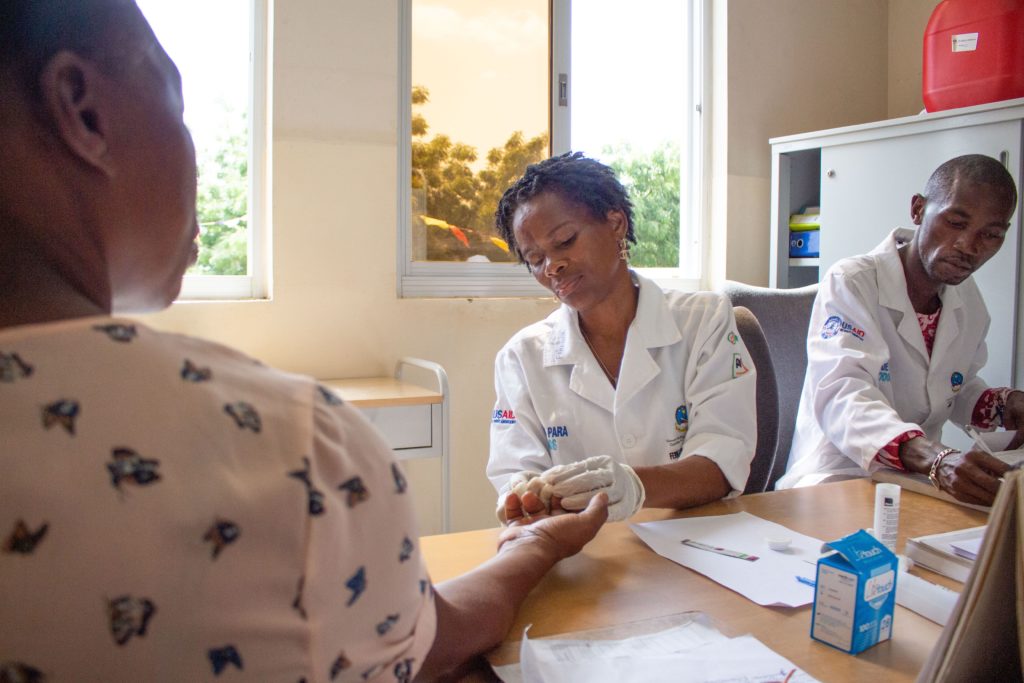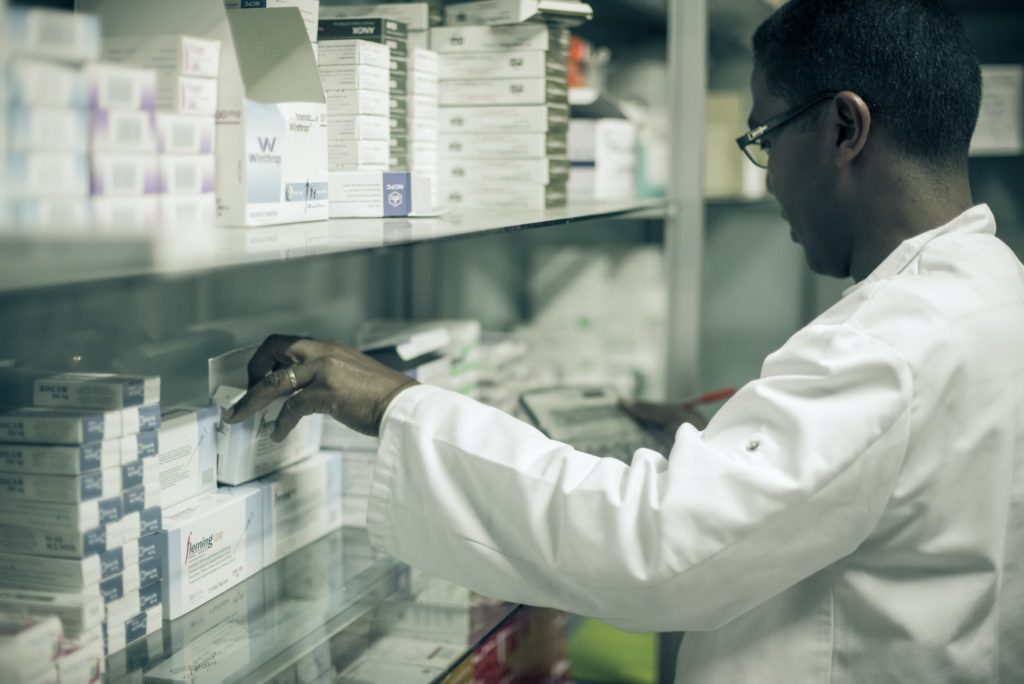Angola
Angola
Since the early 2000s and the end of a nearly 30-year civil war, we have worked to strengthen Angola’s overburdened and under-resourced health system.
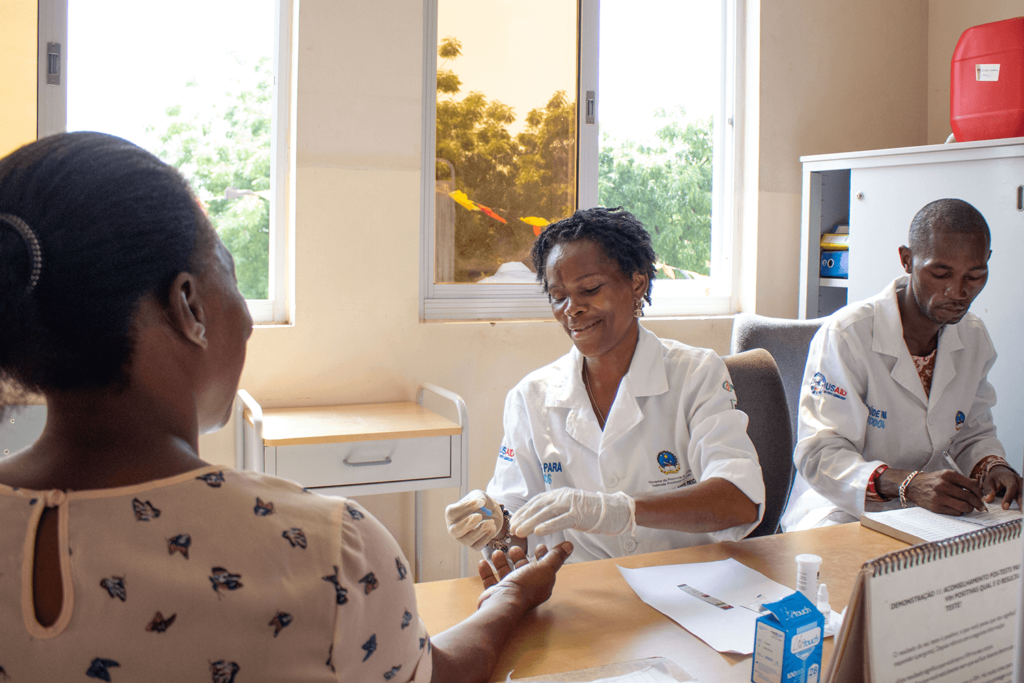
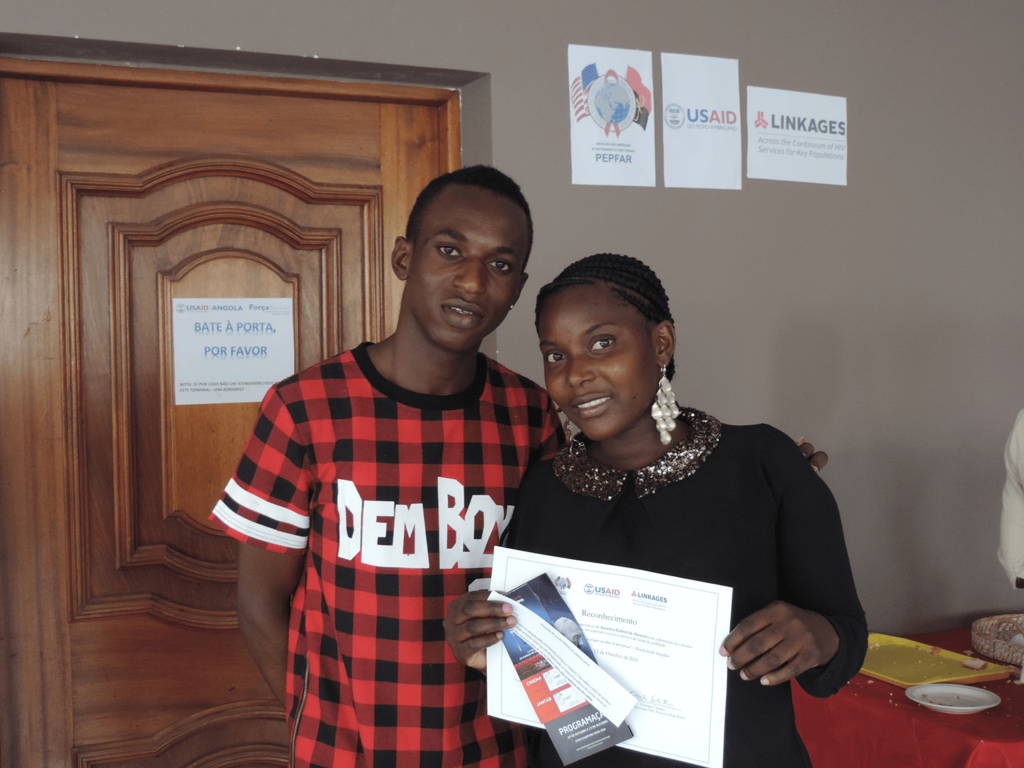
Engaging Communities in Angola
Involving vulnerable groups in their own care is key to epidemic control. Sex workers are a key population vital to ending the HIV and AIDS epidemic, but violence and discrimination are barriers to reaching that population. In Angola, our programs worked with sex workers to create a client-centered intervention focusing on finding, testing, and treating HIV. Sex workers were trained as HIV peer counselors to provide a safe, trusted source of information and counseling through the HIV testing and treatment process. Between 2017 and 2019, the project sensitized more than 24,000 female sex workers in Luanda Province.
Overview
With support from USAID, PEPFAR, and other partners, we have collaborated with the Angolan Ministry of Health to strengthen pharmaceutical supply chains; increase access to essential health commodities; establish a sustainable model for providing high-quality HIV and AIDS services; reach key populations with prevention, care, and treatment services; and improve the capacity of municipal and provincial governments to plan, fund, and supervise health programs.
Index Case Testing in Angola Contributes to Increased HIV Case Finding
Accelerating HIV epidemic control in Angola: A sustainable model for comprehensive HIV services
Job Opportunities in Angola
Join us as we help solve the world’s public health challenges through innovation, dedication, and technical excellence. We are looking for talented, passionate people to join us—as employees, consultants, and interns—in advancing our mission to save lives and improve the health of the world’s poorest and most vulnerable people.

